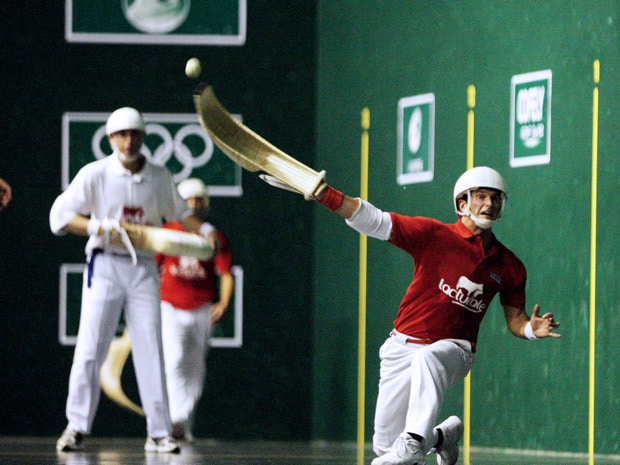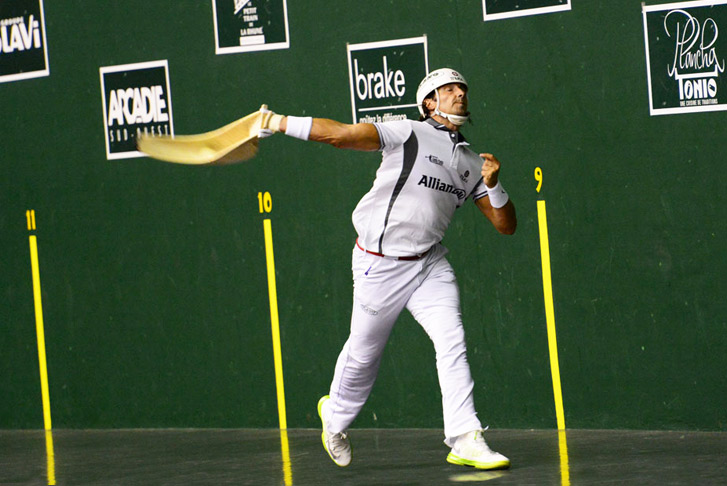Among all the diverse range of sports that span across our earth, there's one sport that arguably eclipses the rest in terms of sheer speed, and that is 'Jai Alai'. Widely considered as the fastest ball game globally due to the velocity achieved by the ball during gameplay.
Originating from the Basque region of Spain, meaning 'cheerful festival', Jai Alai (pronounced "Hi-Li") is a sport involving a ball launched at high speeds within a three-walled court. The players propel the ball using a curved mitt, and the game is sometimes referred to as Basque pelota. In fact, in 1904, Jai Alai debuted in the St. Louis, Missouri, USA, Olympic Games as a demonstration sport.

The Speed of the Game
It is not an exaggerated claim that Jai Alai holds the record for the fastest ball game. The International Court Tennis Federation recorded the fastest Jai Alai ball at an unbelievable 188 miles per hour (302 kilometres per hour). Considering that the fastest baseball pitch recorded is 105.1 mph by former Cincinnati Reds closer Aroldis Chapman, the speed of Jai Alai surpasses this record by a significant amount.
Playing Jai Alai
The play begins when a player (serving) bounces the ball against the floor, after which it becomes airborne and is then struck towards a front wall. The ball is required to land in a designated area. The opposing player must catch the ball in the air or after the first bounce and return it in the same way. Games are usually played to a point total of 7 or 9, and the play continues, with each game lasting about 20 to 40 minutes.
The players use a device called a Cesta Punta, a long, curved basket made of pyrena (cherry) wood with a glove attached, to catch and launch the ball. As opposed to holding and throwing the ball, the Cesta Punta allows the player to whip the ball with tremendous velocity.

Jai Alai's Popularity and Decline
During the 1980s and early 1990s, Jai Alai held its own in popularity and was a popular betting alternative in the United States, comparable to horse and greyhound racing. However, the sport's popularity waned for several reasons, including a players' strike in the early 1990s and the rise of other forms of gambling.
Today, it still enjoys popularity in Spain, France, Mexico, and China. Though its popularity has waned, Jai Alai's record-breaking speed, breathtaking agility, and unique blend of finesse and power continue to captivate those fortunate enough to witness a game.
In conclusion, despite the sport's lesser-known status, Jai Alai stands as a testament to human athletic potential. It is far more than the fastest ball game globally; it represents a vibrant and exciting part of sporting culture that deserves to be preserved and celebrated.